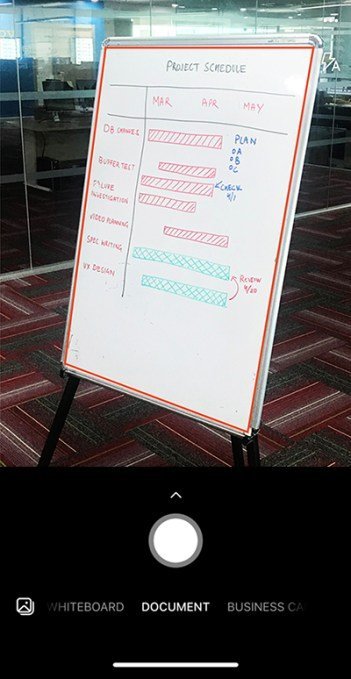Microsoft is sunsetting its popular Lens document scanning app after nearly a decade, directing users to its Copilot AI platform despite significant feature gaps. The move highlights tensions between specialized utilities and consolidated AI experiences as Lens' 92 million users face losing critical OCR and accessibility functions.

For nearly a decade, Microsoft Lens stood as a rare example of focused utility in the bloated mobile app landscape—a no-subscription scanner that expertly converted documents, receipts, and whiteboards into searchable PDFs or Office files. That era ends in 2025, as Microsoft retires Lens in favor of its AI-powered Copilot, despite acknowledged functionality regressions.
The End of an Era
According to official support documents, Lens will disappear from app stores November 15, 2025, with scanning capabilities disabled entirely by December 15. First launched in 2015 as Office Lens for Windows Phone, the app distinguished itself through:
- Zero-cost precision: Handled complex OCR (handwriting, curved documents)
- Deep Office integration: Direct export to OneNote, Word, PowerPoint
- Accessibility focus: Read-aloud and Immersive Reader support
- Format flexibility: Output to PDF, JPEG, or Office formats
 Microsoft Lens interface (Image: Microsoft)
Microsoft Lens interface (Image: Microsoft)
Copilot's Capability Gap
Microsoft directs users to Copilot for scanning, but technical comparisons reveal significant regressions:
| Feature | Microsoft Lens | Copilot |
|---|---|---|
| OneNote Export | ✓ | ✗ |
| Business Card OCR | ✓ | ✗ |
| Read-Aloud | ✓ | ✗ |
| PPT/Word Export | ✓ | Limited |
"Copilot lacks Lens' surgical precision for document workflows," notes Bleeping Computer, which first reported the discontinuation. "The removal of accessibility features is particularly concerning for users relying on text-to-speech."
Strategic Implications
With 92.3 million downloads since 2017 and 322,000 monthly active installs (per Appfigures), Lens' retirement signals Microsoft's aggressive consolidation into Copilot. This mirrors industry trends where:
- Specialized tools are absorbed into AI platforms
- Legacy functionality often degrades during transition
- Enterprise users bear migration costs
Microsoft hasn't commented on whether Lens' signature features will eventually reach Copilot. For now, developers should note:
- Dependency risks: Building atop "good enough" utilities carries sunsetting dangers
- AI integration tax: Consolidated platforms may sacrifice niche capabilities
- Accessibility erosion: Voice-guided scanning exemplifies features often deprioritized in AI transitions
The quiet departure of this unassuming scanner reveals how the AI platform wars are reshaping—and sometimes diminishing—our digital toolkits.

Comments
Please log in or register to join the discussion